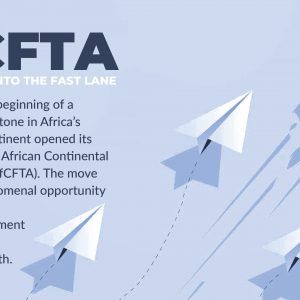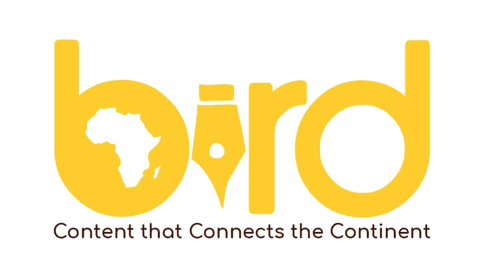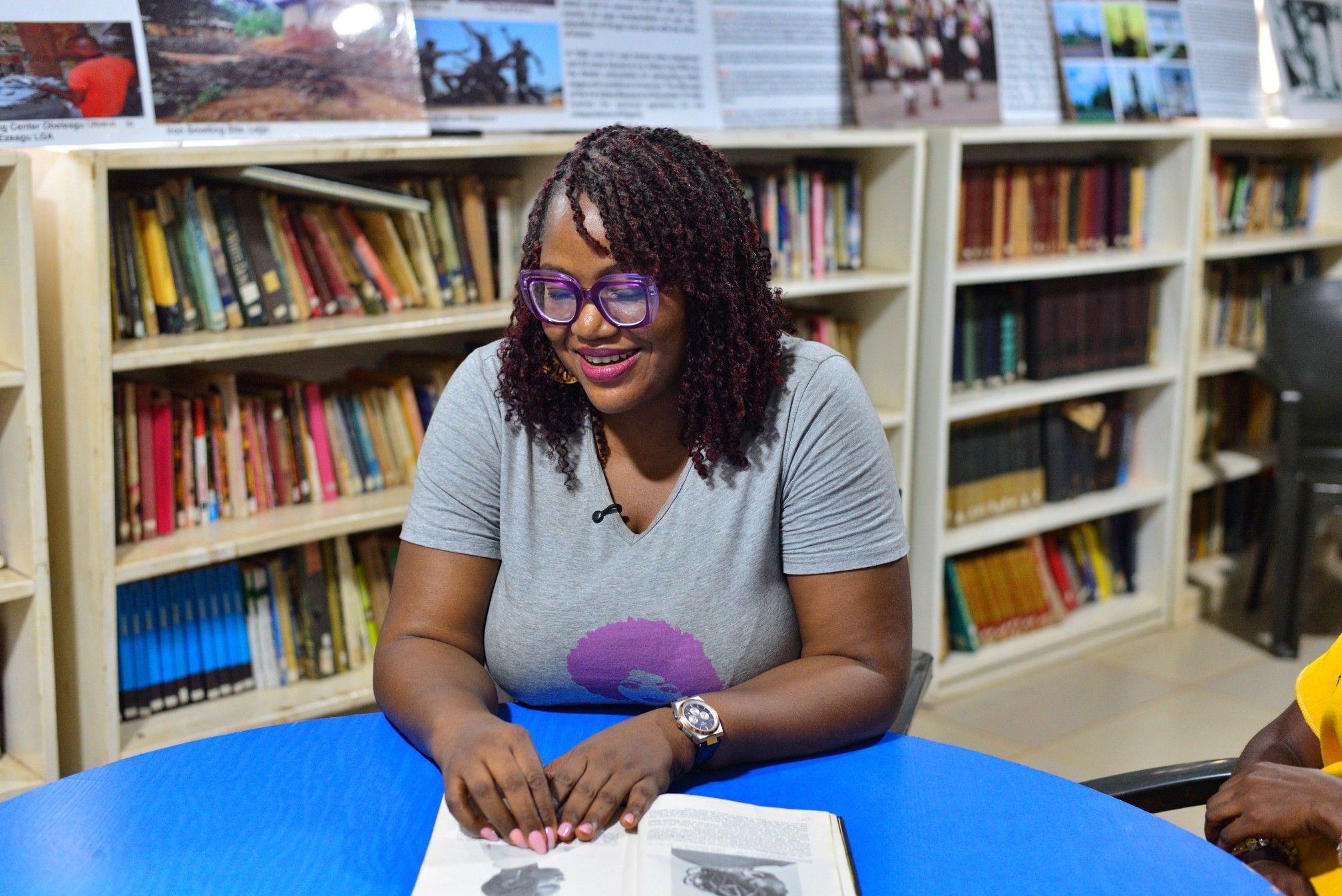2021 marked the beginning of a monumental milestone in Africa’s history, as the continent opened its markets under the African Continental Free Trade Area (AfCFTA). The move represents a phenomenal opportunity to expand trade, attract new investment and accelerate broad-based growth.
The following is an Op-ed by Wamkele Mene, Secretary-General of the AfCFTA and Frank Matsaert, CEO of TMEA, shared here and made available to all subscribers, by bird.
By Wamkele Mene & Frank Matsaert, bird story agency
2021 marked the beginning of a monumental milestone in Africa’s history, as the continent opened its markets under the African Continental Free Trade Area (AfCFTA). The move represents a phenomenal opportunity to expand trade, attract new investment and accelerate broad-based growth.
One year on, efforts to support the implementation of the AfCFTA are well underway and partners are actively contributing to the drive to try and accelerate progress, with the UK government recently pledging £35 million.
Currently, Africa accounts for just 2.9 per cent of global trade, while only 17 per cent of African exports are intra-continental, a paltry sum when compared with Asia’s 59 per cent and Europe’s 68 per cent. Yet UNECA estimates that, once fully implemented, the AfCFTA could grow Africa’s GDP from US$ 2 trillion to around US$3.4 trillion, generate employment growth of 1.17 per cent and boost welfare gains by an additional $16bn annually by 2030.
AfCFTA Impact
The AfCFTA is projected to deliver huge benefits for people and businesses across the African continent, as well as for its key trading partners of the EU, UK and US. Successes are being targeted through the agreement’s aim of reducing trade costs and enabling Africa to integrate further into global supply chains, eliminating 90 per cent of tariffs with a focus on outstanding non-tariff barriers, creating a single market with the free movement of goods, services, people and labour.
While the proliferation of regional trade blocs has started the process of harmonisation, they have also, in some instances, led to higher export tariffs. With the aid of initiatives such as the one-stop border posts, the AfCFTA will, in principle, remove these impediments to trade. Accompanying regional programmes to the AfCFTA, like the African Union’s Action Plan for Boosting Intra-Africa Trade, should help accelerate progress.
Nonetheless, the challenge remains of building a single market comprising 55 countries with more than 1.3 billion people becomes a reality. While 41 countries have deposited their instruments of ratification, not a single trade has occurred within its terms as a result of political disagreements. COVID-19 compounded such issues, grinding international commerce to a halt as governments sought to prevent the exponential spread of the virus. The severity of its socio-economic impact has necessitated a proven, ‘plug-and-play’ solution, that can be deployed quickly and at scale.
Role of TMEA
We know such solutions exist to these problems. As a multi-donor, not-for-profit, aid-for-trade organisation, TradeMark East Africa (TMEA) has already started work on the goals of the AfCFTA by removing both tariff and non-tariff barriers across the East and Southern Africa regions for more than a decade, whilst also digitising the trade process to increase the speed of intra-continental trade. While the UK took the lead in establishing TMEA, most recently pledging funds to the organisation to facilitate trade within the AfCFTA, the US and EU are now also major investors, growing the organisational firepower to more than US$1 billion over the last 10 years.
TMEA’s investments in the region’s trade infrastructure, such as at the ports of Mombasa and Dar es Salaam, have improved both capacity and efficiency, while its support of the construction of one- stop border posts has reduced the time it takes traders to cross from one country to another by an average of 70 per cent, lowering costs by more than US$100 million annually.
With its extensive donor network spanning five of the G7 members, existing capabilities and unrivalled track record, TMEA is uniquely placed to help meet demand in supporting the implementation of the AfCFTA. A key priority now is to scale-up TMEA’s operations to West and Central Africa, recreating its model across the continent and leveraging its best-of-class capabilities in aid-for-trade. With the support of the UK government’s £35 million pledge, TMEA can continue to forge its way in improving intra-continental trade on the African continent as part of the AfCFTA.
AfCFTA Concerted Effort
To realise the benefits of the AfCFTA, the continued support and increased engagement of key strategic partners is required. For the US, the AfCFTA neatly aligns with the principles of their flagship African Growth and Opportunities Act (AGOA) – empowering big and small nations alike across the continent. AGOA, underpinned by a ‘trade not aid’ philosophy, provides the perfect platform from which the AfCFTA can help supercharge African trade with the US.
Across the Atlantic, the free trade area will help graduate the continent’s relationship with Europe to a genuine two-way economic partnership of equals. The rhetoric from recent EU-Africa summits underscores the political will that exists. Channelling active European support on helping Africa fast- track delivery of the AfCFTA will be key to achieving that vision.
The initiative also provides a strong fit with the UK, and its stated aim of becoming Africa’s “investment partner of choice”. By allowing both parties to capitalise on trade deals the UK has signed with over a dozen African countries since it left the EU, the agreement will undoubtedly yield greater investment, adding to the multi-billion pound deals facilitated by the UK-Africa Investment summits between 2020 and 2022.
Delivering on the potential of the African single market will require a concerted effort and investment. African leaders have set the blueprint; now the international community must support them to help move Africa’s economic recovery into the fast lane.
bird story agency





